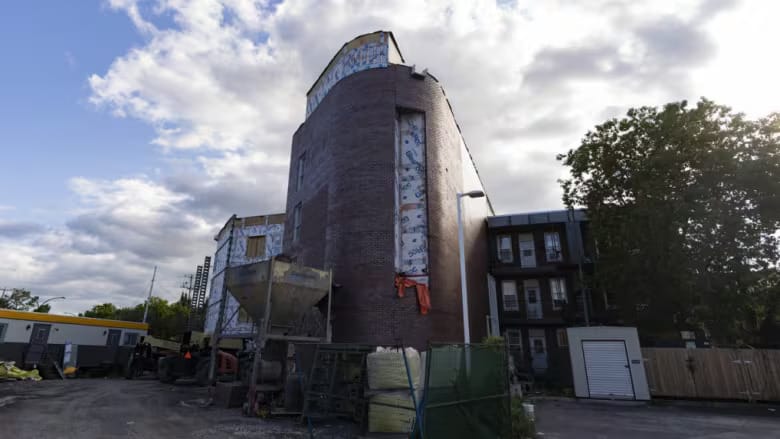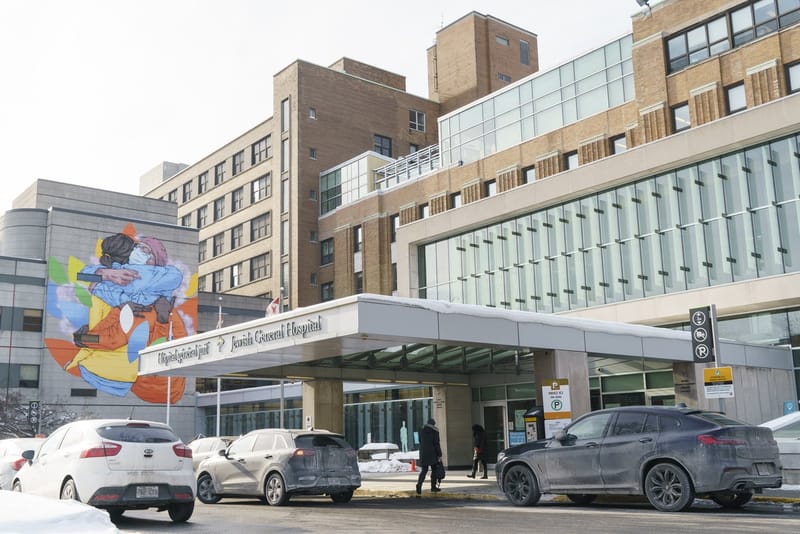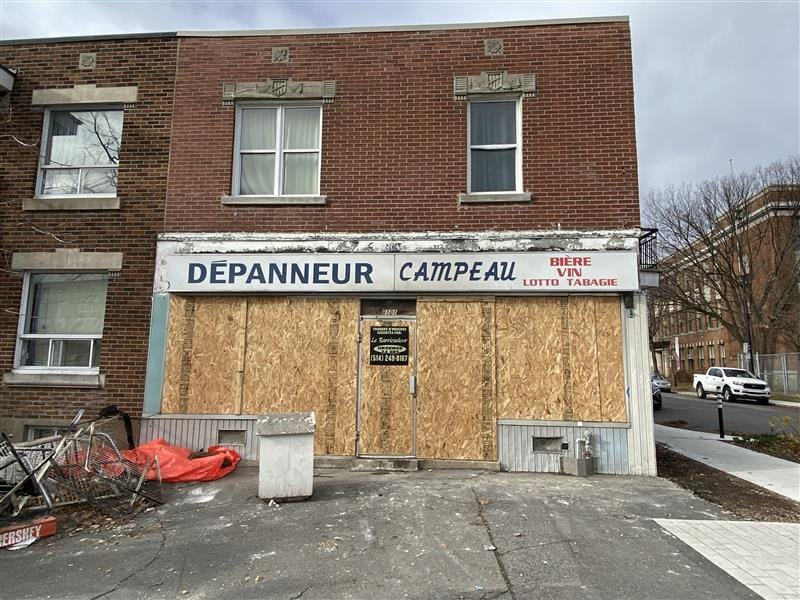Montreal calls for relocation of day services at controversial homeless shelter
"It's really what is associated with the day centre that creates the most difficulty with the residents, that creates insecurity," he said.

Montreal officials are asking the Quebec government to relocate the day services offered at a homeless shelter in the Saint-Henri neighbourhood, located less than 100 metres from an elementary school, before the start of the school year.
But the supervised drug-inhalation facility at Maison Benoît Labre, only steps from Victor-Rousselot elementary school, is not part of that request, the city clarified Tuesday.
The centre drew criticism from residents before it opened in April and in the months following, with some parents saying they were blindsided by the decision to have a supervised drug-use site in a building so close to their children's school, which counts 300 students from preschool through Grade 6.
At a city council meeting Monday, Anthony Capanelli, a resident of the Sud-Ouest borough who lives near the shelter, said people in the area are worried about back to school. He asked borough mayor Benoit Dorais to explain what measures are being taken to address the problems.
Dorais, who is also the city's executive committee member responsible for housing, acknowledged there are difficulties between residents and users of the day centre, despite the implementation of various measures to try to improve cleanliness and cohabitation.
"Unfortunately, there's a lot of incivility, and cohabitation is much more difficult," Dorais said.
He said he's asked Social Services Minister Lionel Carmant about moving the day centre's activities "to a more suitable location" before students return to school, adding the borough is willing to help find a new location for the services.
"It's really what is associated with the day centre that creates the most difficulty with the residents, that creates insecurity," he said.
Supervised drug-use site will stay

In an interview with CBC News Tuesday, Dorais clarified that the day shelter will have to move, but the housing and supervised drug-inhalation facility, which sees between six to eight people per day, will stay.
Dorais said users of the day shelter stay in the neighbourhood and consume drugs on the street, which is what is making residents fearful.
Andréane Desilets, the executive director of Maison Benoît Labre, said the shelter has a long history of helping the city's most vulnerable populations, including those experiencing homelessness and mental health issues.
She said in recent months, Quebec and Montreal officials have helped the shelter implement a number of measures to limit its effect on the neighbourhood.
"We continue to ask for the full co-operation of all our partners, including the City of Montreal, to continue providing essential, life-saving services," Desilets said in a statement.
Last month, Montreal announced plans to launch a public consultation process in hopes of finding ways to live "harmoniously" with the city's unhoused population. The city is aiming to promote social cohabitation while providing resources and services to the homeless population, especially in neighbourhoods that aren't used to that reality.
In a statement, a spokesperson for Carmant's office said the government is in favour of relocating the centre's day services, noting that despite "all the efforts made," cohabitation issues remain.
The government said it will work with all the players involved to help with the relocation, "however, we expect the city to propose several alternative sites to avoid a concentration of services."
The Maison Benoît Labre currently includes 36 studio apartments, two supervised consumption cubicles, a kitchen and drop-in centre space for the organization to provide a range of social services to those in need.





